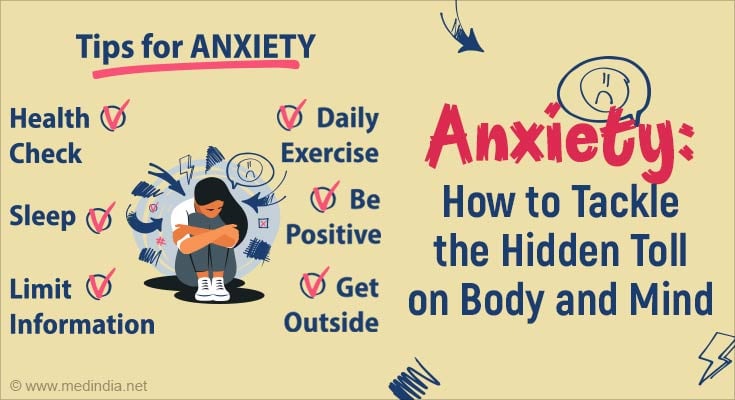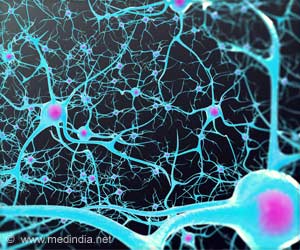However, if anxiety becomes excessive, it may lead to feelings of lightheadedness and nausea. Prolonged or intense anxiety can detrimentally impact both physical and mental health.
Anxiety disorders can emerge at any life stage but typically commence in early adolescence through young adulthood. The Anxiety & Depression Association of America (ADAA) notes a higher prevalence of anxiety disorders in women compared to men.
Advertisement
Risk factors for anxiety disorders encompass stressful life events, and symptoms may surface immediately or after several years. Additionally, serious medical conditions or substance use disorders may contribute to the development of anxiety disorders.
Various Anxiety Disorders Include
- Generalized Anxiety Disorder (GAD): Characterized by excessive, illogical worry, affecting around 6.8 million adults annually in the United States.
- Social Anxiety Disorder: Involves an overwhelming fear of social situations and judgment, experienced by approximately 12.1% of U.S. adults during their lives.
- Post-Traumatic Stress Disorder (PTSD): Develops after exposure to a traumatic event, with symptoms potentially arising immediately or after a delay.
- Obsessive-Compulsive Disorder (OCD): Marked by persistent, distressing thoughts (obsessions) or repetitive rituals (compulsions).
- Phobias: Intense fears leading to a strong urge to avoid specific objects or situations.
- Panic Disorder: Causes spontaneous panic attacks with physical symptoms like heart palpitations, chest pain, and shortness of breath.
Impact on Body Systems
- Central Nervous System: Long-term anxiety and panic attacks prompt the release of stress hormones, contributing to symptoms such as headaches, dizziness, and depression.
- Cardiovascular System: Anxiety disorders can lead to a rapid heart rate, palpitations, chest pain, and an increased risk of high blood pressure and heart disease.
- Excretory and Digestive Systems: Anxiety affects these systems, resulting in stomachaches, nausea, diarrhea, and potential connections to irritable bowel syndrome (IBS).
- Immune System: Chronic anxiety weakens the immune system, making individuals more susceptible to infections and diminishing the effectiveness of routine vaccines.
- Respiratory System: Anxiety induces rapid, shallow breathing, potentially exacerbating symptoms for those with chronic obstructive pulmonary disease (COPD) or asthma.
Other Symptoms: Muscle tension, depression, and social isolation can accompany anxiety disorders, while PTSD may lead to flashbacks, anger, startle reactions, and emotional withdrawal.
In summary, chronic anxiety not only impacts mental well-being but also exerts substantial physical consequences on various body systems.
Understanding the intricate dance between mental and physical health is the first step toward breaking free from the clutches of chronic anxiety.
Reference :
- Anxiety – (https:www.ncbi.nlm.nih.gov/books/NBK470361/)
Source: Medindia



